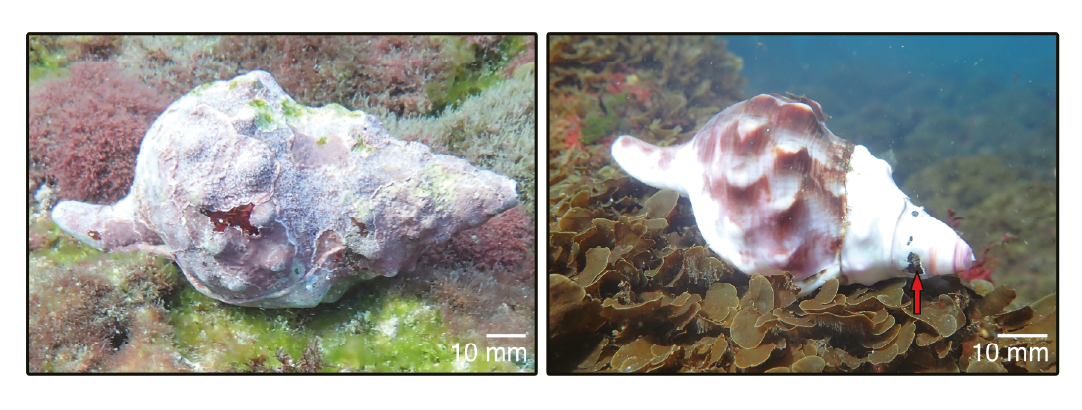Harvey Laboratory

PI: Ben HARVEY
Assistant Professor
0558-22-6697
ben.harvey
(@) shimoda.tsukuba.ac.jp
We seek to understand how changes in environmental conditions (focussing on ocean acidification, ocean warming, and marine heatwaves) will change our oceans. Our research is multidisciplinary, combining field-based (subtidal and intertidal surveys and experiments), aquarium-based manipulative experiments, and desk-based (environmental modelling, statistical modelling, meta-analyses) approaches. Our research covers a wide range of subjects within the context of climate change, including species ecophysiology, biomineralisation, population genetics, biodiversity and community meta-barcoding, community-level structuring processes and interactions, regime shifts and stability, and ecosystem functioning, goods and services. Taken together, this will allow us to better understand the impacts of global climate change on coastal ecosystems worldwide.

Impacts of ocean acidification on Charonia lampas gastropod (left: Control, right: Acidified)

Ocean acidification-driven regime shift from Control (left) to end-of-the-century ocean acidification conditions (right), demonstrating a loss of complexity and biodiversity.